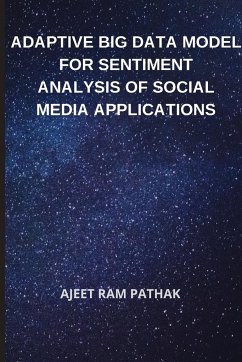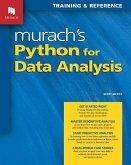Due to the ubiquitous nature of social media platforms, continuous access to the network, and the development of Web 2.0, there is a massive increase in digital social media data. Microblogging sites like Twitter, blogs, review collection websites, online forums have been contributing to the large scale of big data. Such data from emanating from multiple domains need to be analyzed so that essential insights and ongoing trends can be traced out. People from academia, government sector, firms, and industries are concerned about understanding the opinion of end-users towards services, products, policies, and mandates to make decisions and take actions. Therefore, figuring out currents of topics and analyzing the sentiments associated with these topics from a large scale of opinionated social media data is immensely needed. This research work put forth a deep learning-based adaptive model for topic level sentiment analysis of social media data. For extraction of topics from streaming data, topic modeling-based approach - online latent semantic indexing with regularization constraint has been designed using long short term memory network. Specifically, the problem of detecting the topics from streaming media is handled as the minimization of quadratic loss function constrained by ¿1 and ¿2 regularization. For sentiment analysis, topic-level attention mechanism has been incorporated in long short-term memory network. The crux of the proposed model is that it extracts the topics from streaming sentences from social media platforms in an online manner by adaptively updating the model for new incoming streaming data and then performs topic-level sentiment analysis on streaming sentences to identify the polarity of the detected topics. For experimentation, we developed three datasets for topic-level sentiment analysis collected from Twitter under the hashtags #ethereum, #bitcoin, and #facebook. The topic-coherency score obtained by applying online latent semantic indexing indicates that the proposed approach for topic detection works significantly well on streaming data








